During the past decade, life in post-socialist states has been fraught with instability and conflict. This book focuses on changing rural-urban relations - and growing divisions between them - in the context of the reforms. Contributions to this volume explore responses to capitalist-oriented policies and reasons for rural disenfranchisement. The work takes an ethnographic approach to exploring how 'global' processes engage with local, rural concerns in the post-socialist world.
Hinweis: Dieser Artikel kann nur an eine deutsche Lieferadresse ausgeliefert werden.
Hinweis: Dieser Artikel kann nur an eine deutsche Lieferadresse ausgeliefert werden.
'Post-Socialist Peasant? brings together important and recent research on Eastern Europe, Russia, Vietnam and China. The authors, using extensive first-hand knowledge, analyse how post-socialist transitions have affected the ways in which urban policy-makers and intellectuals, on the one hand, and rural residents, on the other, perceive the growing inequalities between rural and urban populations. These perceptions, the contributors convincingly argue, condition policy responses, which ostensibly are aimed at ameliorating those inequalities. Power relations differences between those who make policy and those who are the subject of those policies are especially well analysed. Post-Socialist Peasant? is full of rich detail and focuses on issues that are critical to our understanding of reformist policies throughout the post-socialist world.' - Rubie Watson, William and Muriel Seabury Howells, Peabogy Museum of Archaeology and Ethnology, Harvard University
'The inability of many policy makers and analysts to make better sense of the post-socialist condition can be traced in part to their lack of interest in the countryside. This collection convincingly demonstrates the rural influence on the trajectory of 'transition', and provides the information we need to correct earlier interpretations and policies.' - Gerald Creed, Hunter College and the Graduate School City University, New York
'The inability of many policy makers and analysts to make better sense of the post-socialist condition can be traced in part to their lack of interest in the countryside. This collection convincingly demonstrates the rural influence on the trajectory of 'transition', and provides the information we need to correct earlier interpretations and policies.' - Gerald Creed, Hunter College and the Graduate School City University, New York

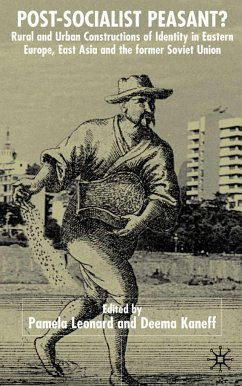
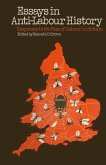
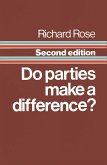
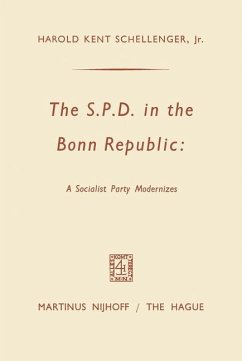
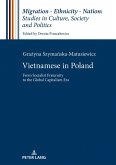
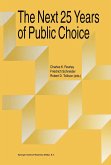
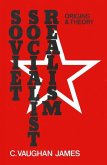
![Religion and Magic in Socialist and Postsocialist Contexts [Part I]. Historic and Ethnographic Case Studies of Orthodoxy, Heterodoxy, and Alternative Spirituality Religion and Magic in Socialist and Postsocialist Contexts [Part I]. Historic and Ethnographic Case Studies of Orthodoxy, Heterodoxy, and Alternative Spirituality](https://bilder.buecher.de/produkte/47/47613/47613227m.jpg)